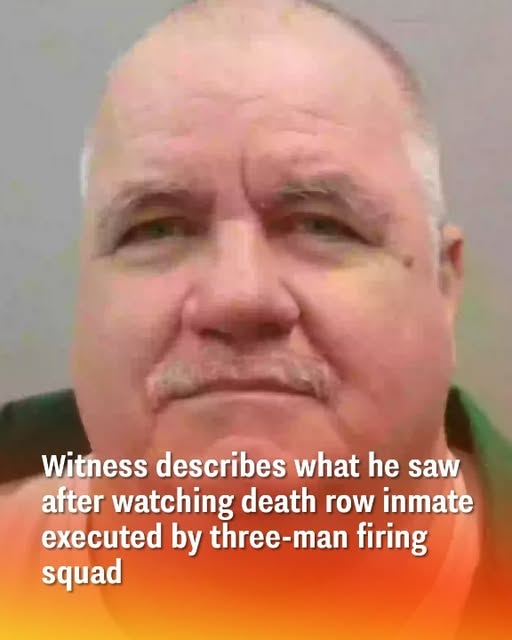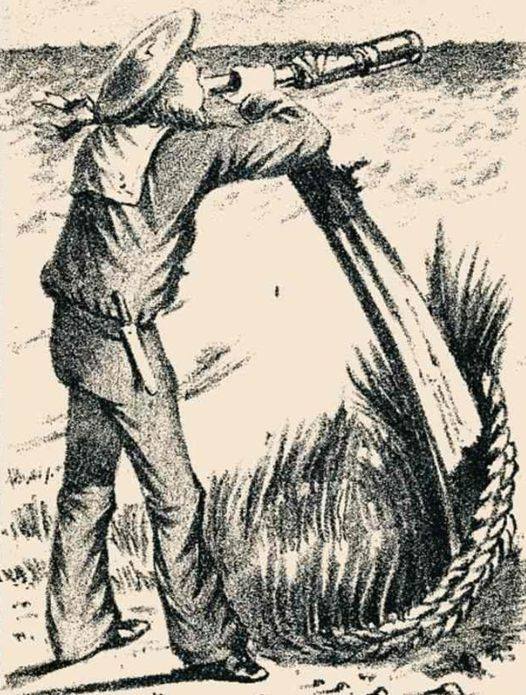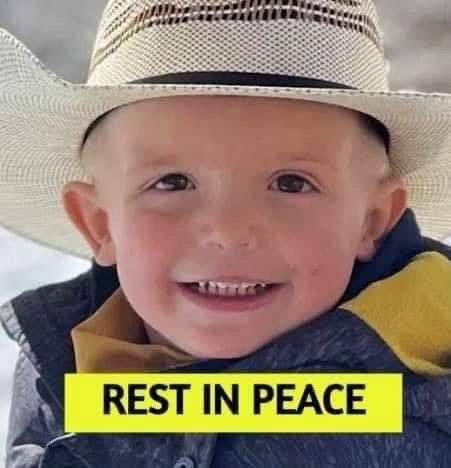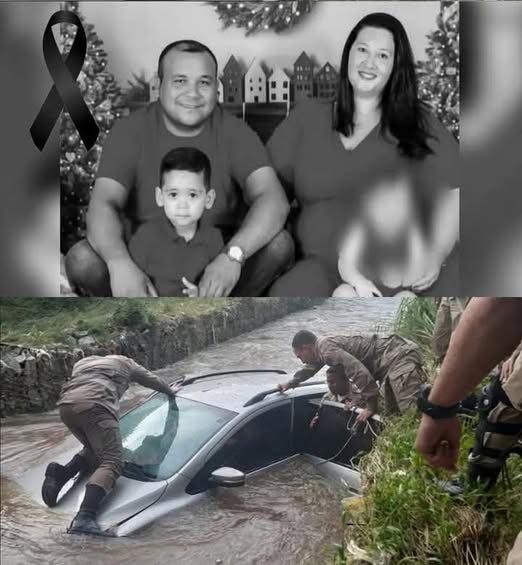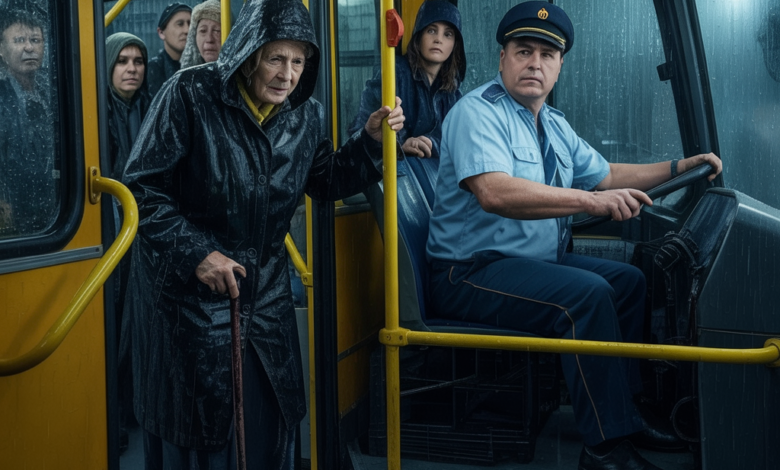
The rain came down in heavy sheets over Brookhaven that morning, turning streets into rivers and sidewalks into slick, glistening streams. At exactly 8:15 a.m., the city bus screeched to its stop at Maple and 3rd. Its doors hissed open, letting in a gust of cold air and the sound of pounding rain.
An elderly woman stepped up slowly. Her black wool coat clung to her thin frame, soaked through. Strands of silver hair peeked out beneath a knitted hat, dripping with rainwater. She gripped the rail tightly with both hands, her breathing shallow from the effort of climbing the steps.
At the wheel sat Darren Miller, a driver in his forties known for his rigid discipline. Tall, broad-shouldered, with a square jaw and clipped brown hair, Darren was respected but never warm. He was the sort of man who believed rules were sacred. Passengers often joked you could set your watch by his bus.
He cleared his throat impatiently. “Fare, please,” he said, eyes fixed on the rearview mirror.
The woman reached into her pocket. Her fingers shook. Empty. She froze. Her pale blue eyes flickered with shame.
“I… I don’t have it today,” she whispered. “But I need to get to the hospital.”
The bus seemed to hold its breath. A man lowered his newspaper. A teenager tugged out an earbud. Everyone could feel the moment tightening.
Darren’s jaw clenched. “No money, no ride. Rules are rules. You’ll have to step off.”
The old woman nodded faintly, as though she had expected it. Her frail body turned toward the door. She stepped down one rung, rain spattering her hat. Then she paused. Slowly, she turned back to Darren, and her eyes—so tired, yet so sharp—met his.
“I used to drive your school bus when you were a boy, Darren,” she said softly.
The words dropped like a stone into still water. Gasps rippled through the bus. Darren’s hand froze on the steering wheel.
Her voice wavered, but carried a strange power. “You always sat in the second seat on the left. Peanut butter sandwiches every morning. And once, when you choked on one, I stopped the bus. I was terrified I’d lose you.”
Darren’s chest tightened. Memories surged—the second seat, the sandwiches his mother packed, the panic as he choked, the strong hands that saved him. Miss Ruth. His bus driver.
Passengers stared at him, then at her, then back again. The silence was no longer awkward—it was crushing.
Her lips curved in a faint, weary smile. “I never expected thanks. But I never expected this, either.”
She stepped into the storm, her fragile figure swallowed by the rain.
Something broke inside Darren. He shoved the bus into park and leapt from his seat. Rain plastered his uniform as he sprinted after her, splashing through puddles.
“Miss Ruth!” he shouted, voice cracking. She turned, startled. Darren slowed, breathless. “I remember now. You never left me behind. Even when I forgot my pass. Even when I was late. You cared.” His voice trembled. “And I just threw you out into the rain.”
Ruth looked at him with kind, weary eyes. “It was my job. I loved every child I drove.”
“No,” Darren shook his head. “It was more than a job. Please—come back. No fare. Ever.”
Together, they walked back. Inside, passengers watched with softened eyes. Someone offered Ruth a seat, another handed her a scarf. A teenager shyly pushed a thermos of tea into her hands. The cold, mechanical bus now hummed with something else—compassion.
Darren met her gaze in the mirror. “The hospital, right?”
She nodded. “Yes. My husband is there. Today is our anniversary.”
Her words settled heavily over the bus. Sixty years of promises, of loyalty, of love strong enough to carry her through storms both real and metaphorical.
The ride continued in reverent silence. Passengers leaned in as Ruth shared memories of her husband, Walter—the boy who once brought her wildflowers, the man who now, stricken with Alzheimer’s, no longer recognized her. “Most days, he doesn’t know who I am,” she admitted softly. “But I know who he is. And a promise is a promise.”
Tears stung eyes across the bus. Even the teenager in the hoodie wiped at his face when he thought no one was looking. Darren’s hands tightened on the wheel. “You’ll never walk to that hospital alone again, Miss Ruth. Not while I’m driving.”
When the bus stopped, Darren himself helped her down. She turned to him with a faint smile. “You were a good boy, Darren. I can see you still are.”
Her words broke him. For the first time in years, Darren wept—not from shame, but from the strange gift of being reminded of who he once was.
The next morning, Bus #14 stopped at the hospital again. And there she was—Ruth, waiting beneath a small umbrella. Darren stepped out before she moved, holding a larger umbrella above her head. “Your seat’s waiting,” he said softly.
She smiled. “You remembered.”
“I never forgot,” he whispered.
From that day forward, Bus #14 was never the same. Ruth became “Grandma Ruth” to the passengers. People brought her cocoa, sandwiches, crossword puzzles. Children left her drawings taped with crooked hearts. The bus became a moving community, bound together by kindness.
And when Ruth eventually passed, not a soul boarded Bus #14 without remembering her. No one ever sat in her seat. Darren himself made sure of it.
Her story became legend in Brookhaven, a reminder that compassion outlives rules, and kindness carries farther than any fare.
